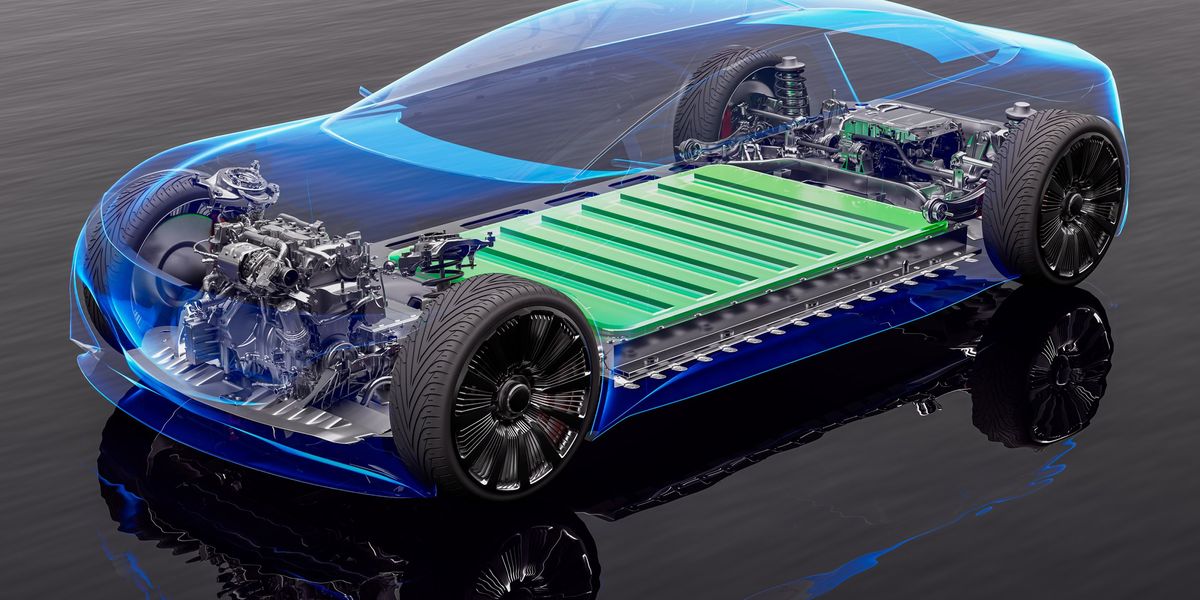I have a handful of hand built lithium battery banks, and they are just as safe as lead acid if used with the proper protections. Lead acids are usually just plug and play, and don't require any monitoring electronics, but lithium requires a battery management system, it also will not charge below freezing, but that can be easily mediated with a heating pad. You can also take a lithium battery down to empty, and not damage it, drop your lead acids down past 50% a few times and you'll find they hardly hold any charge anymore, even deep cycle marine batteries will only get a few hundred charges if discharged below 50%, rather than thousands of charges that lithium will give you.
There's a lot of misinformation on lithium, including the fact that there are multiple types, and all of them have different safety profiles. LiFePo4 is known to be relatively safe, and they don't have the tendency to catch fire during thermal runaway, LTO is known for its massive power output, and regular li-ion have been known to explode if used improperly. I would definitely not use li-ion on a boat, but LiFePo4 I would have absolutely no issue with.
Here's a safety video about lithium iron phosphate. They had to take a propane torch to it to get it to ignite.
Lithium outperforms lead acid in just about every way except for low temperature charging. For everyone who wants to talk about fire, don't forget about the hydrogen gassing from lead acid batteries, hydrogen outgassing in battery compartments on boats can be deadly. A well setup lithium bank will not gas anything. The big issue with lithiums is that they're capable of putting out so much power most people don't properly protect them. Those crappy little MRBF fuses won't stop the potential AIC of lithium, they can put out a massive amount of power. Special fuses and breakers are required for proper safety.
Lead acid also requires you to monitor the electrolyte level, keep the batteries charged when not in use, and they're known to have a relatively low cycle life. On the chart make sure you pay attention to depth of discharge.
View attachment 211412
I'm part of another forum that is mostly dedicated to building lithium battery banks, and almost every failure we've come across has been from an installation error, very rarely do the batteries themselves cause problems, it's most likely the owner trying to cut corners by not buying a class T fuse, skipping a proper and quality battery management system, using wiring that is too small, attempting to crimp wires with a crappy crimper and ending up with loose, hot connections, or just a general lack of understanding of how lithium batteries need to be handled. The charging voltages are different, and they need to be monitored differently. They are not usually "plug and play", and require a professional who knows what they're doing to install them.
I have over 10 kilowatts of lithium batteries in my house, and I've never once had any kind of issue or close call. If I had to guess, I've probably cycled them (10%-90%) about 1,500 times, and they still work great. That being said, I spent about as much on the batteries as I did the safety mechanisms to protect and monitor them.
They use lithium batteries on the international space station. I think they're fine for a boat when installed properly.


 Currently running 3 standard 12volts, late fall it seems that my 3 bank charger has crapped out on me…. Since having to change chargers thinking of going lithium. Is it better to run one single 36volt or 3 12 volts.
Currently running 3 standard 12volts, late fall it seems that my 3 bank charger has crapped out on me…. Since having to change chargers thinking of going lithium. Is it better to run one single 36volt or 3 12 volts. 

